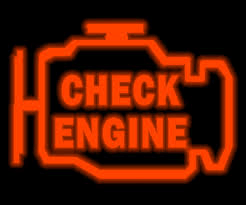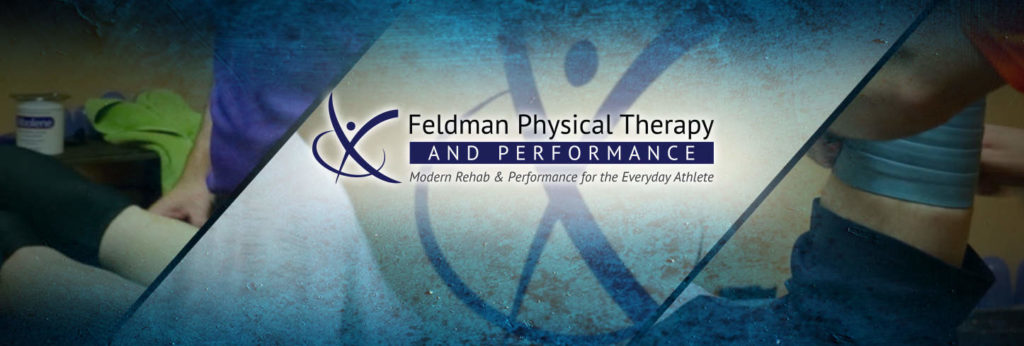
The analogy I like to use with my patients’ is that the pain you feel is a signal from your brain that something isn’t right, just as your check engine light is a signal from your car that something isn’t right. This can be a simple problem, for example maybe you didn’t tighten your gas cap all the way (or you left it on your roof). It can also be a more complex problem, maybe your engine isn’t overheating or your transmission isn’t functioning properly. In either case the light is simply a signal that something isn’t right and that you need a professional to check it out.
In your body pain works in a very similar way, it is a simple signal from your brain that something isn’t right. Pain in your lower back could be a sign that you herniated a disc, or that your glutes aren’t firing while you are swinging your golf club. Shoulder pain could be a rotator cuff tear, or it could be that your scapula isn’t being stabilized during overhead activity. Pain in your knee while running could be a torn ligament, arthritis, or it could be that you have a weakness in your glutes (those guys keep coming up) that is altering the mechanics at your knee. In all of these examples it is important to note that the location of your perceived pain isn’t always the location of the problem and that’s where your favorite physical therapist (PT) comes in.
Just as mechanics are experts in the workings of your car, your physical therapist is an expert in the movement and function of your whole body as a unit. We will perform a full functional assessment, watch the way you move and how you accomplish specific tasks in order to determine the root cause of your pain and help you resolve it. Just as you wouldn’t want your mechanic to simply turn off your check engine light and send you home, you don’t want to simply treat the pain, because we all know that it will come right back when you resume your normal activities. Injections, pills and those treatments all have a place, but too often they simply turn the light off without figuring out what the cause is, or worse put a piece of tape over it so you don’t have to see it light up.
